Zientzia hedabideetan
-
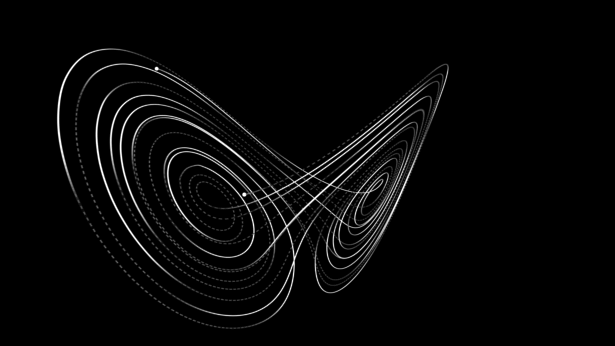
A Twisted Path to Equation-Free Prediction
Complex natural systems defy standard mathematical analysis, so one ecologist is throwing out the equations.
-
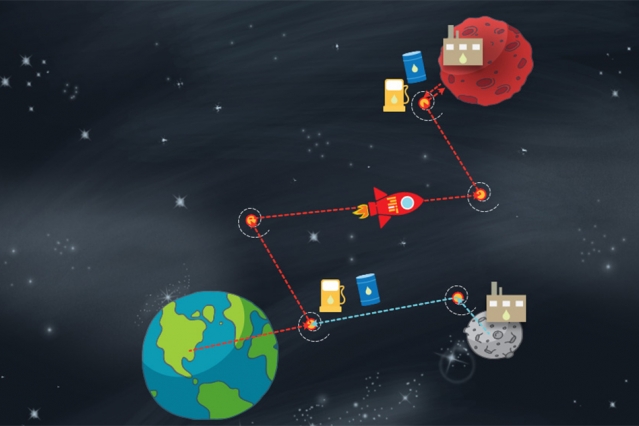
To save on weight, a detour to the moon is the best route to Mars
For a piloted mission to Mars, fueling up on the moon could streamline cargo by 68 percent.
-
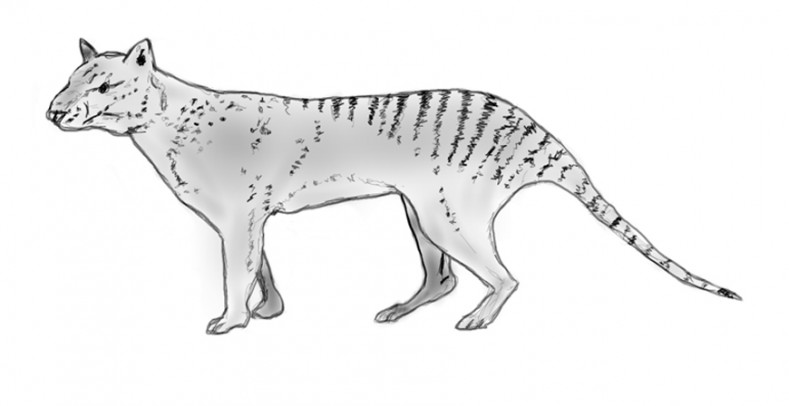
Los humanos modernos llegaron a China mucho antes que a Europa
El hallazgo de restos de Homo sapiens de más de 80 000 años en China cambia lo que sabemos sobre la expansión del ser humano. Un equipo internacional de investigadores […]
-
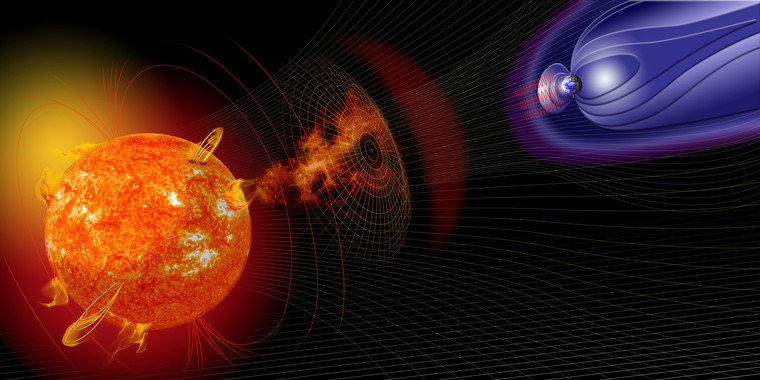
Grandes tormentas solares ‘esquivan’ los sistemas de detección en la Tierra
Los índices que usan los científicos para valorar las perturbaciones geomágneticas del Sol sobre la Tierra no detectan algunos de estos eventos, que pueden poner en riesgo las redes eléctricas […]
-

Ravens cooperate with friends not foes
Ravens spontaneously cooperate to solve problems, but prefer to do so with some individuals over others
-

Txernobyl inguruan animalia basatiak ugaritzen ari direla frogatu dute
Txernobylgo zentral nuklearraren hondamendia gertatu zenetik ia 30 urte bete direnean, erradioaktibitateak kutsatutako eremuan ugaztun handiak ugaritzen ari direla frogatu du epe luzeko ikerketa batek. Are gehiago: espezieetako batzuk hondamendiaren […]
-
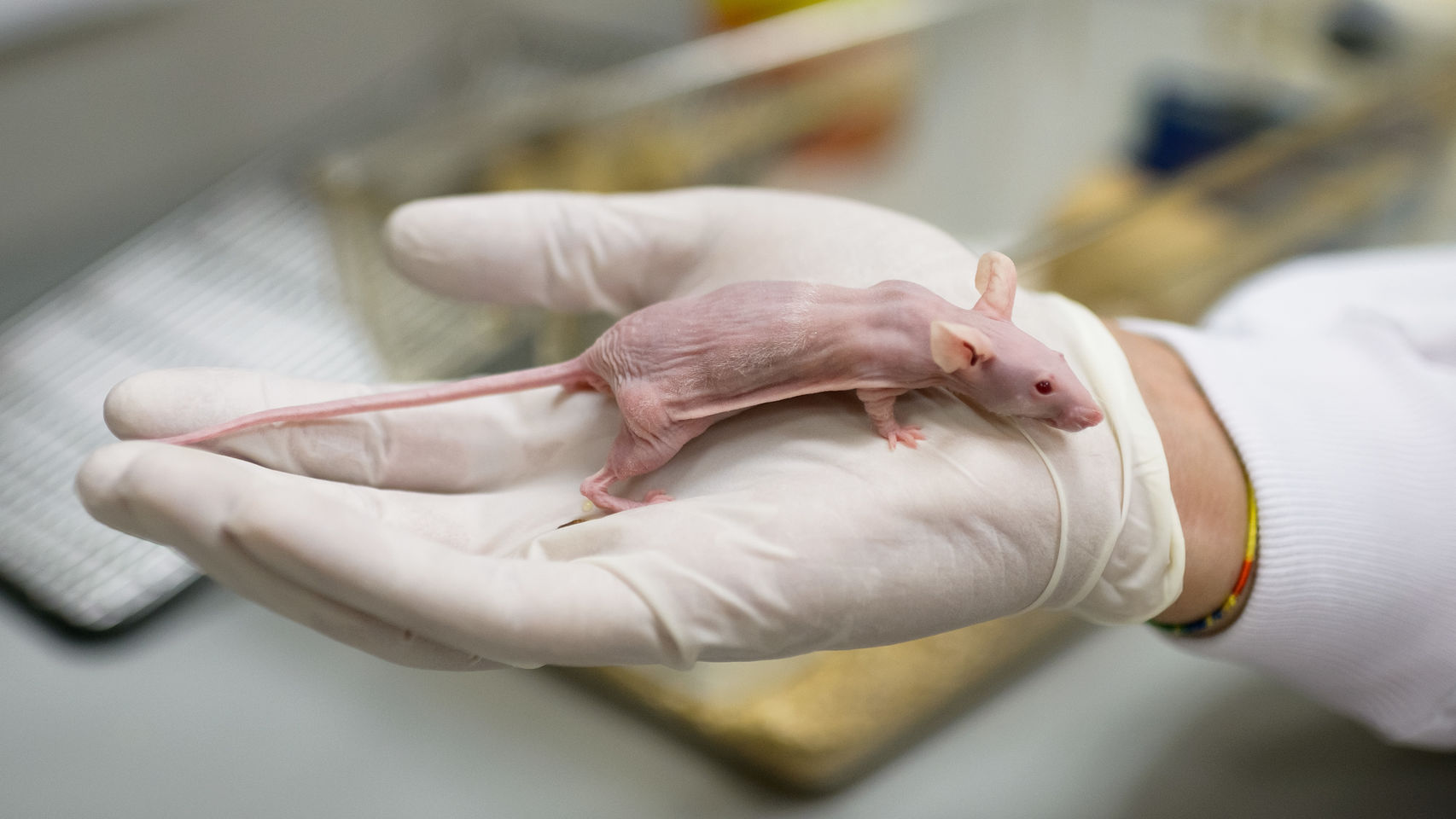
Un ratón avatar para probar tratamientos contra tu cáncer
Animales de laboratorio inoculados con tumores humanos ayudan a predecir qué quimioterapia será más eficaz para cada persona.
-
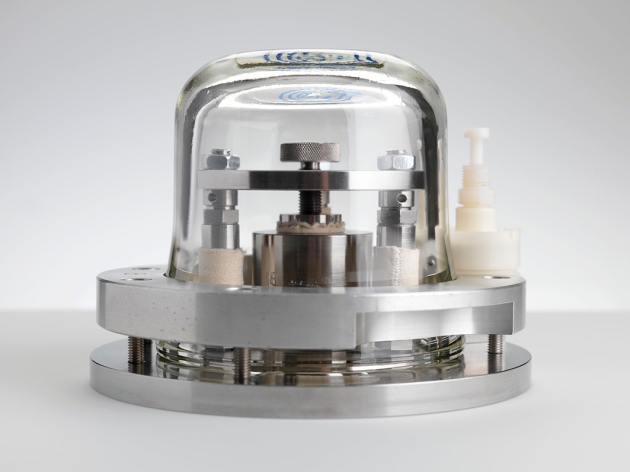
Kilogram conflict resolved at last
For decades, metrologists have strived to retire ‘Le Grand K’ — the platinum and iridium cylinder that for 126 years has defined the kilogram from a high-security vault outside Paris. Now […]
-
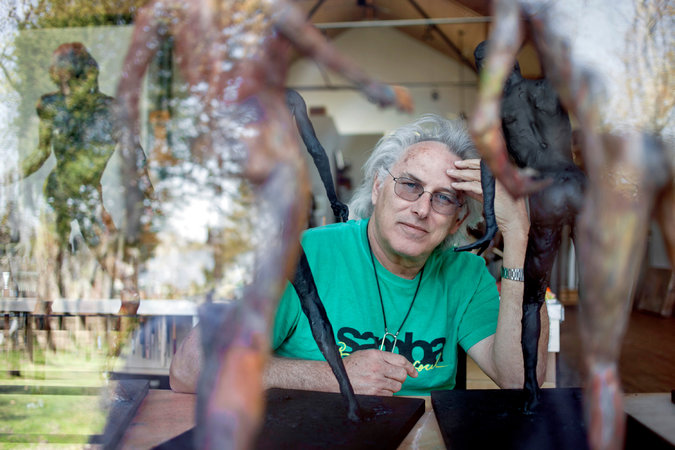
Developing DNA as a Standard for Authenticating Art
A new authentication system that would let artists sign their works with specks of synthetic DNA. The method is being developed at the Global Center for Innovation at the State […]
